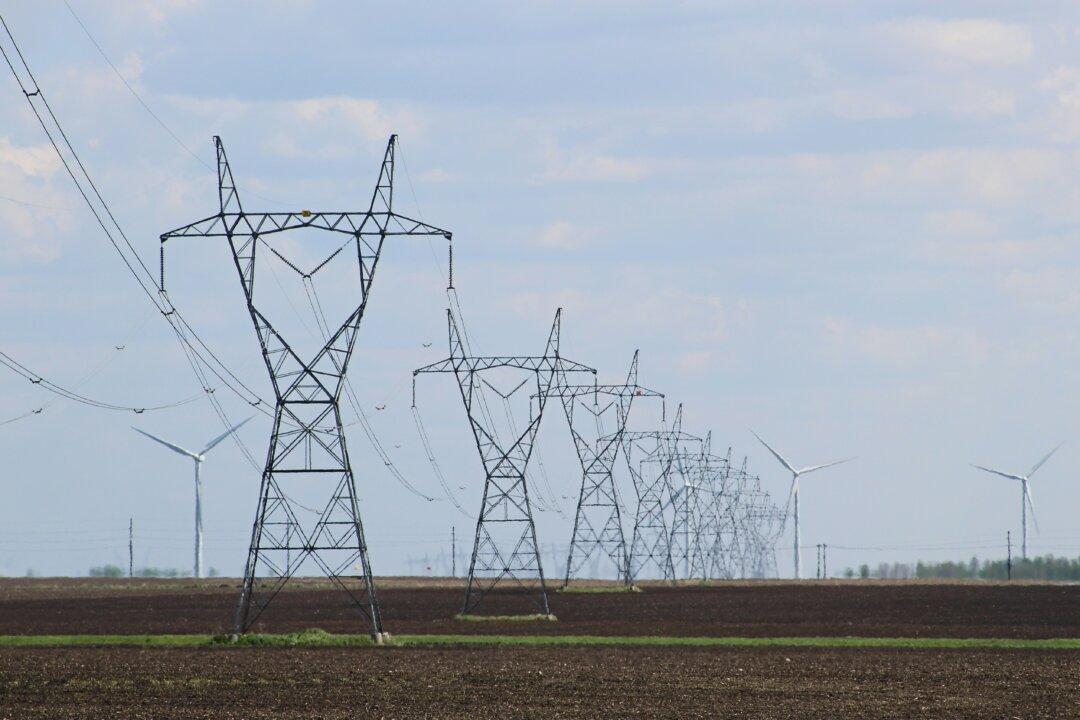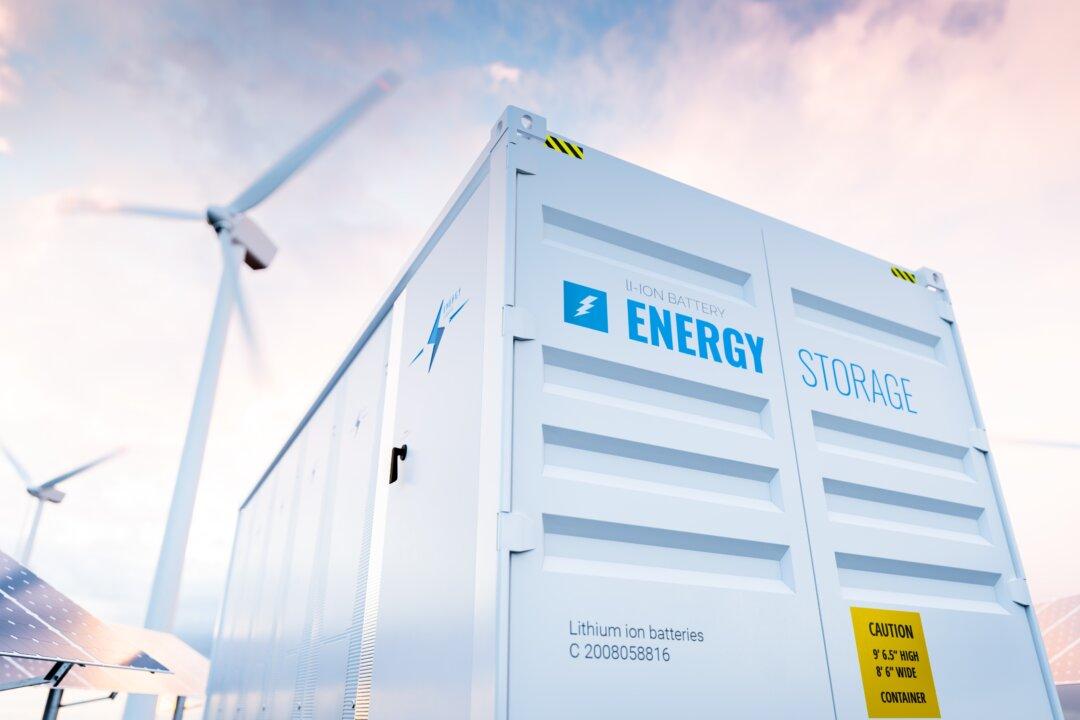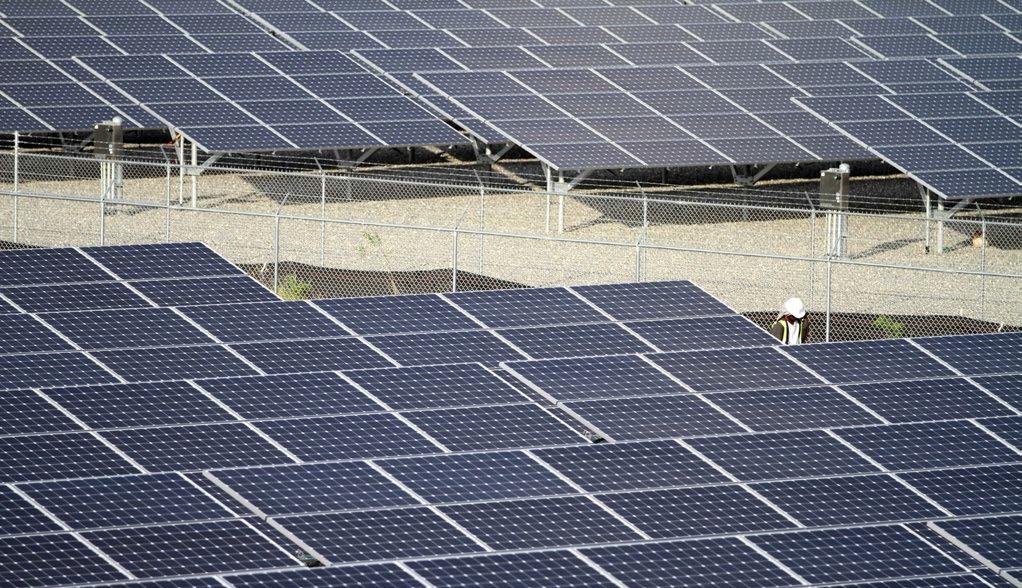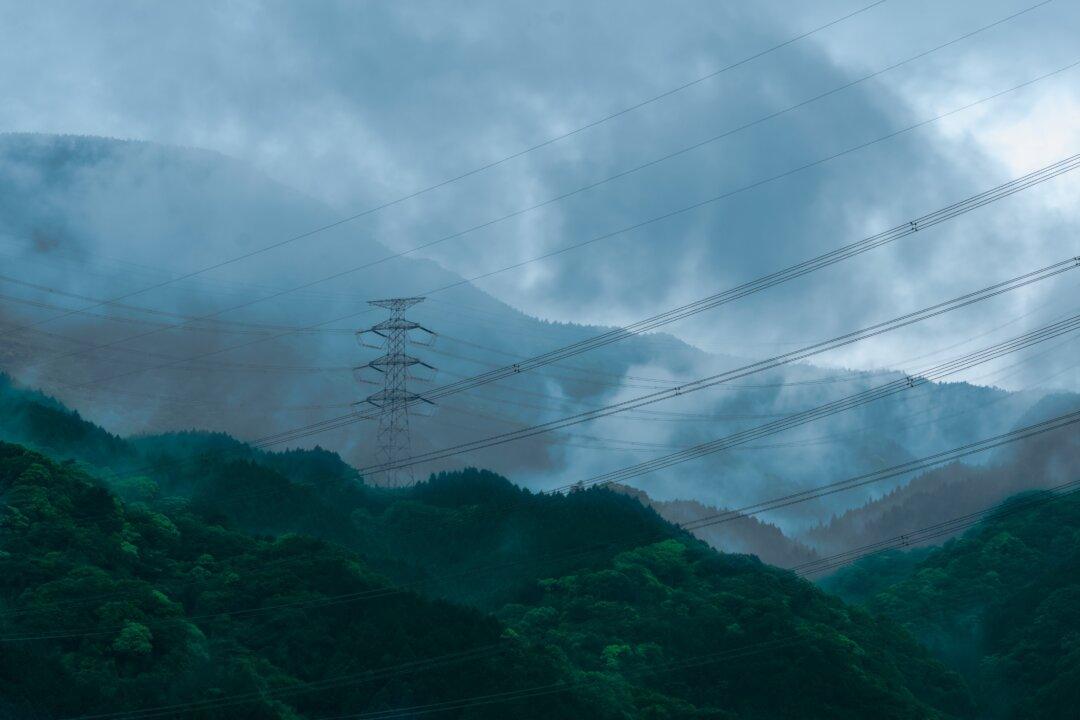Commentary
Forty-two was the mystical number that explained “life, the universe, and everything” in Douglas Adams’s comic novel “The Hitchhiker’s Guide to the Galaxy.” Today, another mystical number, the so-called social cost of carbon (SCC), is providing the excuse for the Environmental Protection Agency and green-energy-enamored state regulators to enact crippling energy policies.





